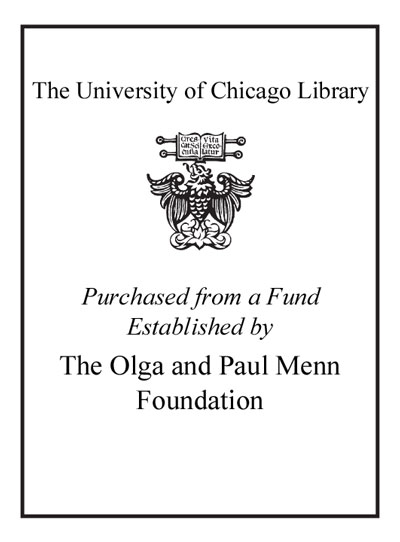Review by Choice Review
Nearly every discussion of Mozart's piano concertos mentions "dialogue" as a significant and even generative concept. Keefe's book provides historical context for such discussion, starting with treatises by Heinrich Christoph Koch, who wrote at the end of the 18th century, and Antoine Reicha, who wrote during the 19th. Reicha's formal consideration of musical dialogue and his derivation of dialogue types provide much of the impetus for the present book. Keefe (The Queen's Univ., Belfast) draws parallels between action in Mozart's concertos and action in 18th-century drama. He goes on to trace the cross-pollination of Mozart's concertos and operas in more detail, perhaps, than has been revealed before in a single place. However, he views everything in the peculiar light of dialogue as a compositional technique; this limits the book's prospective audience. Cuthbert Girdlestone's ancient Mozart's Piano Concertos (Eng. tr., 1948) remains the starting place for study of these works. The present book may be recommended to music historians and other specialists at the graduate level and above. B. J. Murray University of Alabama
Copyright American Library Association, used with permission.
Review by Choice Review

